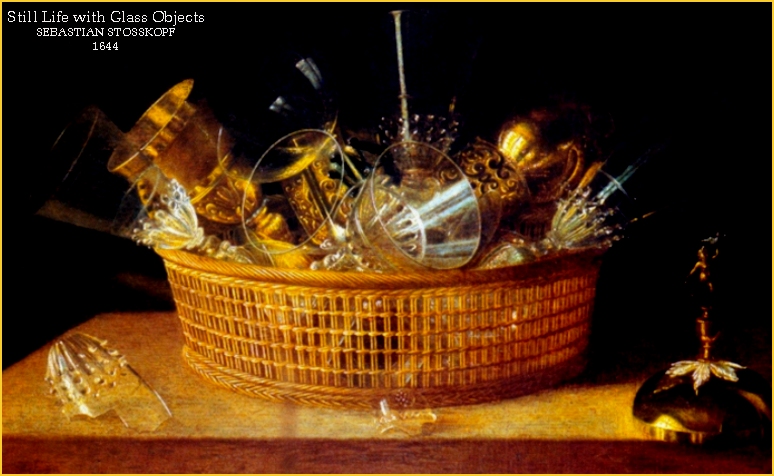


ARTICLE 2 The importance and necessity of Religious unity, in this World War-threatening era, seems to warrant dealing once more with the World Council of Churches, prior to its "ecumenical" assembly in Amsterdam. This organization has had a provisional existence since 1937-38, when arrangements were made for drafting its constitution. Its headquarters are in Geneva, in three attractive buildings housing a hundred workers, that are to be extended, through the munificent gift of John D. Rockefeller, Jr. The World Council of Churches has joined forces with the International Missionary Council, led by John Foster Dulles, to form the Commission of Churches on International Affairs. The gathering in Amsterdam during the month of August, will no doubt be "the most representative conference of non-Roman churches since the Reformation," as said Rev. Samuel McCrea Cavert, chairman of the World Council's Committee on the 1948 Assembly, unless prevented by war, as was the scheduled assembly of 1939. It will be like the recent Lambeth Conference of Anglican Bishops, that was announced "not (to be) a law-making or doctrine-making body. It is (to be) purely a consultative assembly ..., as to policy," etc. The Catholic Church is in the minds of the leaders of these "non-Roman" churches in the form of fear, jealousy, or hostility; hence what the Amsterdam Assembly forebodes for her, only the future can tell with any degree of certainty. The Amsterdam Committee of the Council published a survey of churches, called "Christianity Today." It is difficult to summarize this mosaic of churches, formed by 42 writers on religious conditions in 42 parts of the world, as its emphasis centers to quite a degree on the ledger, how to build bombed-out churches, pay ministers salaries, confiscation of property, etc. Therefore we will touch upon only a dozen things in the 42 chapters. The Catholic Church is dealt with in the book incidentally, particularly regarding obstacles to Protestant proselytizing in predominantly "Roman Church" countries. Yet the information regarding the Catholic Church presented by some of the writers is interesting, largely because it comes from Protestant sources. We are informed in "Christianity Today" that despite the present policy" of hostility on the part of the Polish Communist government, "Roman Catholicism has a stronger hold on the Polish people than before the war." Also that there is a "Marianist Church" in Poland, made up of a small "group of Roman Catholics (who) broke away from their Church in their desire to elevate Mary, the Mother of Jesus, to the status of divinity." This contradicts the statement in the hostile article on Spain, in which it is declared that, through the power of the Catholic Church, children in Spanish elementary schools are "obliged to worship the image of the Virgin." We are informed that "the Roman Catholic Church (Protestant writers refer not in this book to our Church as the Catholic Church) in the Low countries has won an influence and gained an important place in Dutch life." We are further informed that Catholics number three million, that is one-third of the population; thus equaling in numbers the membership of the Netherland Reformed Church, to which the Royal family belong. We are informed that only 10 to 15 per cent of the population in the British Isles are linked to some Christian Church; that "it must be sorrowfully admitted that the mass of the men today see the Church neither as a supernatural fact (which Protestant churches are not), nor as a necessity of the Gospel" (which calls for one and not hundreds of churches). Also that "fellowship (in British churches) is obscured by unhappy divisions, and by lack of charity in particular congregations." Such divisions and uncharitableness exist not, thank God, in the Catholic Church within the British Isles; the Church that exceeds in membership the numbers in the Anglican State Church. We are informed that "forty-three and one-third per cent of the people in the Dominion of Canada are Roman Catholics;" 19.16 per cent are in the United Church; 15.22 per cent in the Church of England; 7.21 per cent are Presbyterians; 4.20 per cent Baptists; 3.49 per cent Lutherans; and a little more than 8 per cent belong to the other 24 religious groups. Of these, we are told that 89 per cent of the young "Roman Catholics" in Canada go to church every Sunday; whereas only 38 per cent of the young Protestants make the same claim. We are informed that "only about 8 million of the French population of 40 million are Christians"; and "that 700,000 of them are Protestants, at least by participation in baptismal, marriage, and interment rites." If all persons who go to church when they are hatched, matched and dispatched are Christians, then are almost all of the 40,517,923 inhabitants of France are Catholic Christians, with the exception of the "700,000" Protestants; 205,000 Jews; some Moslems, and out-and-out atheists.  Contact
Us Contact
Us HOME------------TRADITION www.catholictradition.org/Tradition/goldstein76.htm |